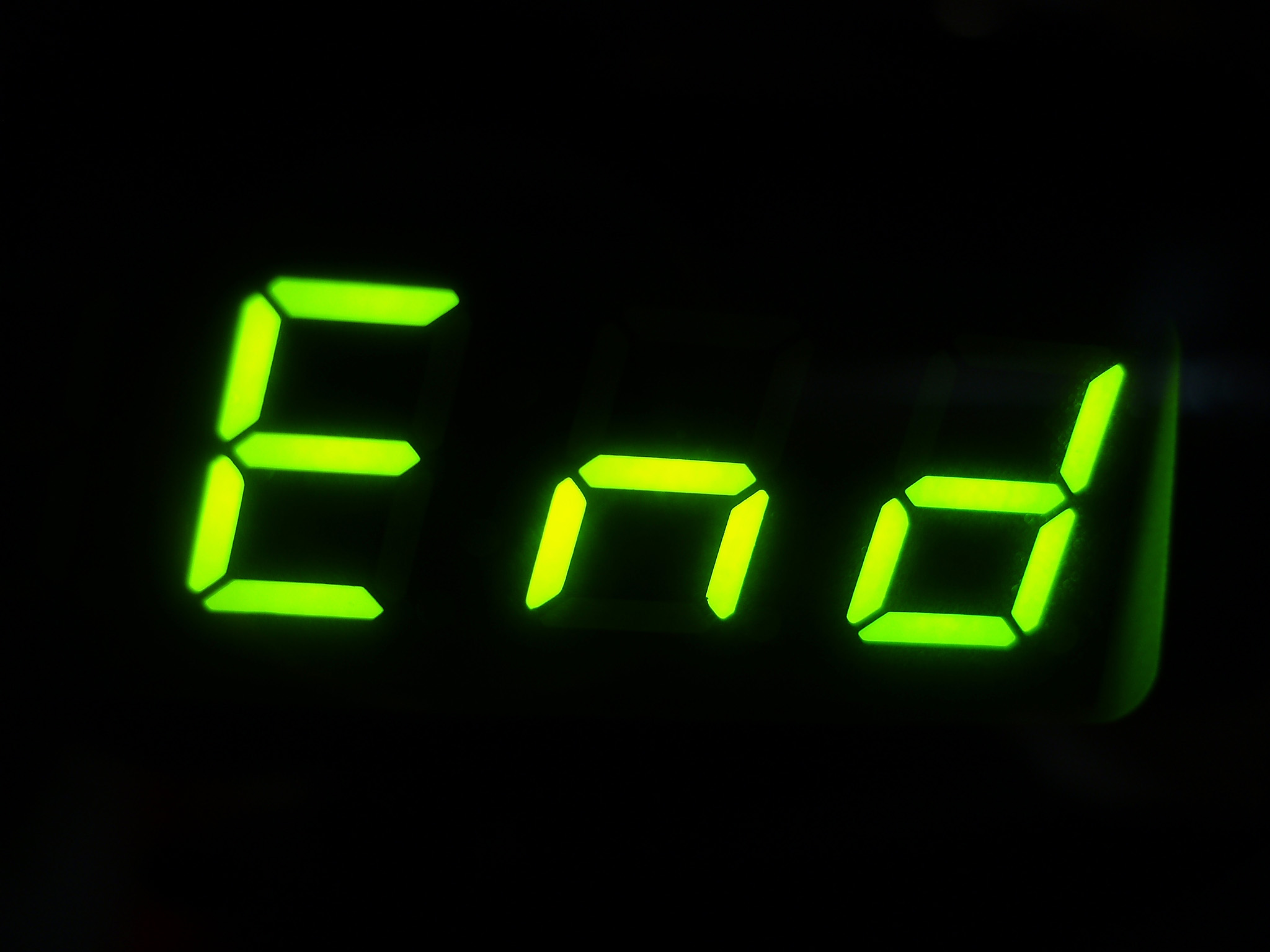The Pound to Euro Exchange Rate has recovered some of its losses from earlier on in the week, growing by a quarter of a percentage point this morning to 1.196. Some strong bond auctions in Spain and France yesterday gave rise to a Euro rally, and optimism from some areas of the press had indicated that talks between Greece and its bond holders were approaching completion.
Today’s data proved more beneficial for the Pound as Retail Sales grew by 0.6% in December compared to an expected loss of -0.5%, causing a year on year growth of 2.6%. In the Eurozone German Producer Price Index deflated by -0.4% in December, causing the year on year figure to fall from 5.2% to 4.0%.
Sterling gained momentum during the opening of the European markets and managed to push back above the psychological 1.200, leaving the Pound to Euro Exchange Rate at 1.201. The new EU fiscal compact that has been hailed by Eurozone leaders as the key to economic revival in the 17-nation bloc has been updated today, with news that sovereign budget deficits of over 0.5% GDP will automatically incur a standardised fine of 0.1% GDP. The measures seem somewhat anti-productive considering many countries are currently over the 0.5% threshold and further sanctions are unlikely to bring them down any time soon.
This afternoon news from Athens has indicated that Greece has in fact come to an agreement with its debt holders that will involve a new coupon averaging 4%. The deal, if it passes the technocrats and their bureaucratic details, will allow Greece to receive its second aid tranche and hopefully avoid a hard default on its maturing coupon payments. The move has been described as “the beginning of the end,” rather than as “a new beginning,” with many investors predicting a controlled default triggering Credit Default Swap payments.
Perhaps the fall of modern Greece is most (im)potently expressed through the recent announcement this week that Athens will rent out Greece’s ancient sites to filmmakers and photographers in an attempt to help its crisis-hit economy. The previously protected archaeological treasures will be rented out for as little as €1,600 a day; the temple of Delphi, the Acropolis, and many other of the world’s most iconic classical landmarks are going to be sold off to pay the price of a country indulgent in unsustainable credit with extremely poor tax governance.
Photograph Courtesy of Stock Images



